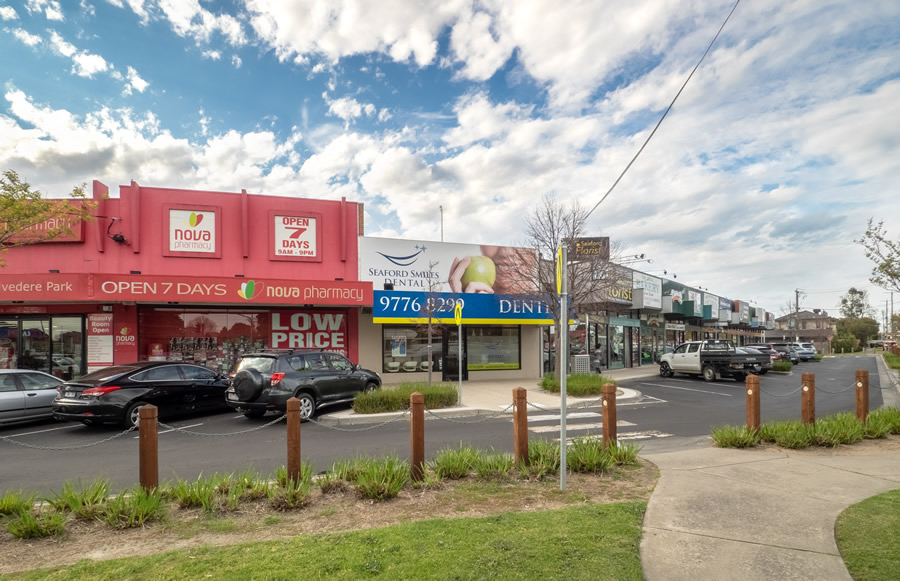
Today is World No Tobacco Day!
Today is World No Tobacco Day, which is an initiative of the World Health Organization (WHO) to raise awareness about the effects of tobacco consumption.
It is common knowledge that cigarettes are harmful, though most people think first of lung cancer when it comes to deadly effects of tobacco in cigarettes. The fumes and irritants in the smoke of cigarettes, which contain harmful substances such as tobacco, nicotine, and tar, can be more harmful than you think, and effects are seen where the cigarette makes first contact with the body -the mouth.
The fume from cigarettes causes various effects on the oral environment e.g. dry mouth (xerostomia), exacerbation of gum disease, and increase in the likelihood of developing an oral cancer. Dry mouths are more susceptible to disease, including tooth decay. The salivary glands are unable to produce sufficient amounts of saliva to protect our teeth from harmful attacks of sugar and acids, which cause decay, and if left untreated, the development of tooth sensitivity or tooth aches.
Gum disease when not managed can progress to cause inflammation of the supporting structures around teeth (periodontitis), which leads to bone loss. This bone loss also causes gum shrinkage (gingival recession), and increases movement of teeth, which over a period of time can cause pain from biting on loose teeth, or gum related problems which may only be treated by removing the tooth.
More seriously, the rate of oral cancers in Australia is on the rise. These are most commonly caused by smoking (59%), consumption of alcohol (31%), and from exposure to UV rays. Oral cancers are the sixth most common cancer globally, with 5 year survival rates of oral cancers averaging 50%. The best way of reducing your risks in developing an oral cancer would be through reduction of tobacco and alcohol consumption, as well as having routine oral examinations.
Our dentists look at the teeth and the mouth as a whole, including the areas of soft tissue where oral cancers most often form. These can often be hiding, not painful, and not noticeable until a late stage. When caught early, the prognosis of oral cancers increases significantly.
If you haven’t had a routine oral examination recently, you can book online through our website, or by phoning us on 9776 8299.
Sources: Cancer Council Australia: Mouth Cancer Fact Sheet https://www.cancer.org.au/about-cancer/types-of-cancer/mouth-cancer.html Australian Dental Association’s News Bulletin on World No Tobacco Day https://www.ada.org.au/News-Media/News-and-Release/Latest-News/World-No-Tobacco-Day-(1) Australian Dental Journal Article: Oral cancer in Australia 1982-2008: a growing need for opportunistic screening and prevention – published in 2014 by renowned Oral Medicine Specialist Prof Camille Farah https://onlinelibrary.wiley.com/doi/pdf/10.1111/adj.12198
About the author, Dr. Jeremy Lung

Dr Jeremy Lung is a dentist at the forefront of continuing professional education and learning. Born and raised in Darwin, Jeremy has served as a council member of the Australian Dental Association’s NT Branch, and remains an active member of the ADA. Jeremy also volunteers his time and services providing dental care to underserved populations in Timor Leste



